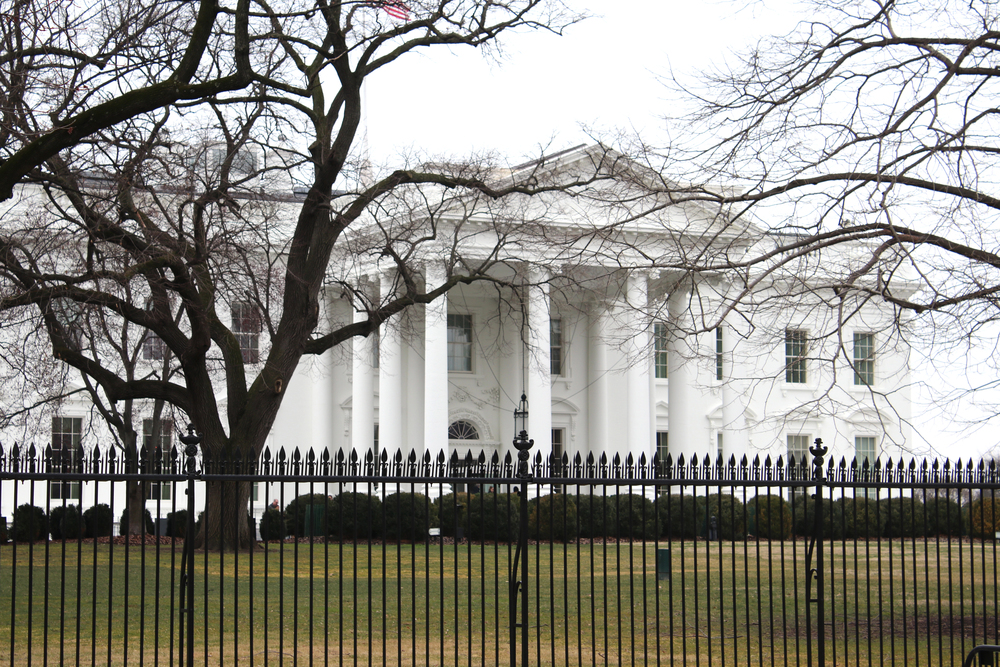What Next for Blockchain in the Insurance Industry?

By: AnneMarie McPherson Spears
Most likely, the only time “blockchain” crosses your mind is when you remember it’s the lurking shadow powering 21st-century cultural contributions such as Bored Ape NFTs and Bitcoin. However, blockchain is also the quiet technology slowly making headway in the insurance industry—as long as it has enough traction to make a lasting mark.
In July 2022, the Blockchain Insurance Industry Initiative (B3i), the insurance industry’s blockchain project steered by a consortium of 15 insurers and reinsurers, ceased activities and filed for insolvency following unsuccessful funding rounds. “I think it was a very quality effort, but at the end of the day, we did not see the volumes in the demand that would have justified continued investment in this platform,” said John Dacey, group CFO for Swiss Re, an original investor in B3i.
As doubts about blockchain’s industrial applicability increased after B3i’s insolvency, more than 20% of global executives said they thought blockchain technology “is all hype and no substance,” according to GlobalData’s Q2 2022 “Emerging Technology Trends Survey.”
So, is blockchain all hype? “I think blockchain was overhyped at one point—likely because the technology was new and is fascinating, complex and opportunistic,” says Brendan Picha, head of outreach at The Institutes’ RiskStream Collaborative, a member-led nonprofit.
To illustrate his point, Picha points to the Gartner Hype Cycle, which begins with a potential technology kicking off, peaking with inflated expectations, falling into a trough of disillusionment soon after but eventually sloping back up with matured understanding and plateauing as a productivity tool.
But “blockchain for enterprise is just now coming out of the trough of disillusionment,” he says. “Failed projects are falling by the wayside while going concerns, with determination and runway, are proving there’s real benefit.”
Blockchain technology is “a distributed and immutable ledger of transactions, represented as blocks that are chronologically ordered,” Picha explains. “Each block, in part, is based on the block before it—this reflects the blockchain’s inherent immutability since changing one block in the chain would change all blocks that follow.”
The value of these blocks doesn’t just lie in creating uncopiable, ownable monkey graphics. Blockchain’s true usefulness to the insurance industry is in its power to track digital ownership and distribute unchangeable data efficiently and widely.
“These blocks can facilitate a store of value, smart contracts and tokens,” Picha says, noting that “the insurance industry has deployed blockchain for personal auto, life claims, reinsurance, shipping and logistics insurance, specie and fine art insurance, property title insurance, crypto custody insurance, and more.”
For blockchain to impact insurance applications in the future, “the sky’s the limit, but there are two metrics we look at for potential uses,” Picha says. “One, is there a high volume of transactions among disparate parties? Two, is there a large number of disparate parties that need to share this information? If the answers to both of those questions is ‘yes,’ then blockchain could be a good technology to consider.”
For example, “auto claims are some of the highest volume and frequency claims in the insurance industry, where there are often two or more carriers involved in a claim or accident scenario,” he says. “Carriers share auto claim data today—we’re just helping them do it faster and with a superior level of data integrity.”
AnneMarie McPherson Spears is IA news editor.










